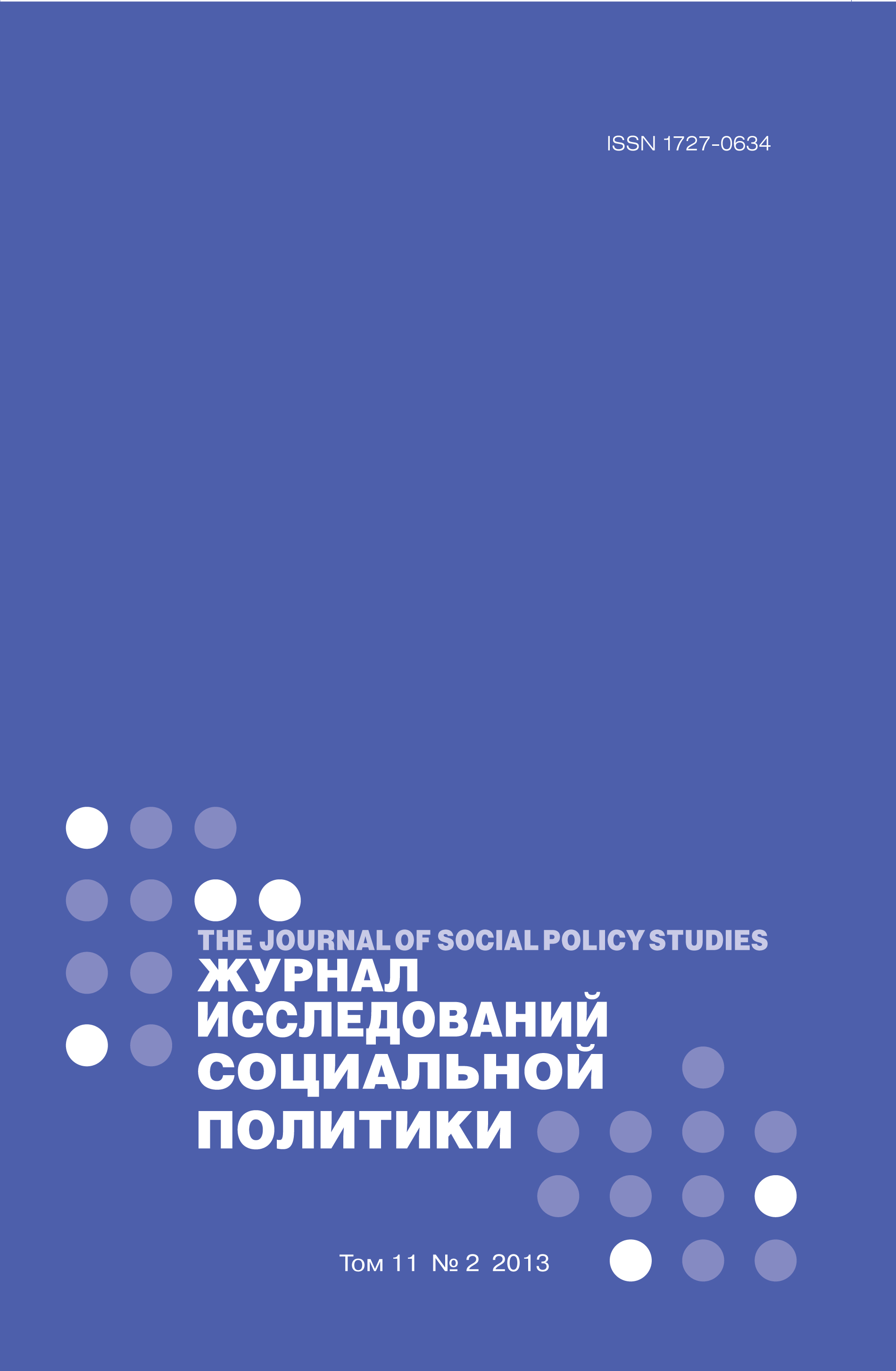Cultural Citizenship of Children from the Migrants’ Families: Potential and Limitations of the School Integration
Abstract
The process of social integration into a common cultural civic body is one of the key aims of modern states. Without this, the project of building civil society and a common sense of civic responsibility becomes very unrealistic. Education is at the heart of this project, with access to it being the first step on the long road to social inclusion, opportunity and a feeling of belonging. For migrants, it represents a massive opportunity for integration by opening a career path. It also can lead to the integration of the parents of migrant children, who are encouraged by the progress of their children to ‘buy in’ to the social inclusion project. This article presents the results of a small-scale case study of cultural integration education at the level of village schools in Saratov Oblast. Here migrants from Chechnya, Kazakhstan, Armenia and Azerbaijan make up the migrant community. The authors consider the challenges and contradictions facing the efforts of the teachers to achieve the integration of children from the families of migrants in a rural environment. This would bring with it the socialization of migrants and the transformation of their ethnic identity. To a large extent this entails exploring the values and views of migrant families and how they interact with the structures involved in providing education. The symbolic and structural aspects of integration, the tactics of intervention and the resistance to such efforts are all considered in this article. The analysis shows how the cultural citizenship of the migrants is formed through careful cultural negotiations and compromises with formal institutions. Overall, such compromises can emerge from kinship ties amongst migrants that help integration without destruction of the values of an ethno-cultural group. This can be seen when families move toward a compromise with formal educational structures.















